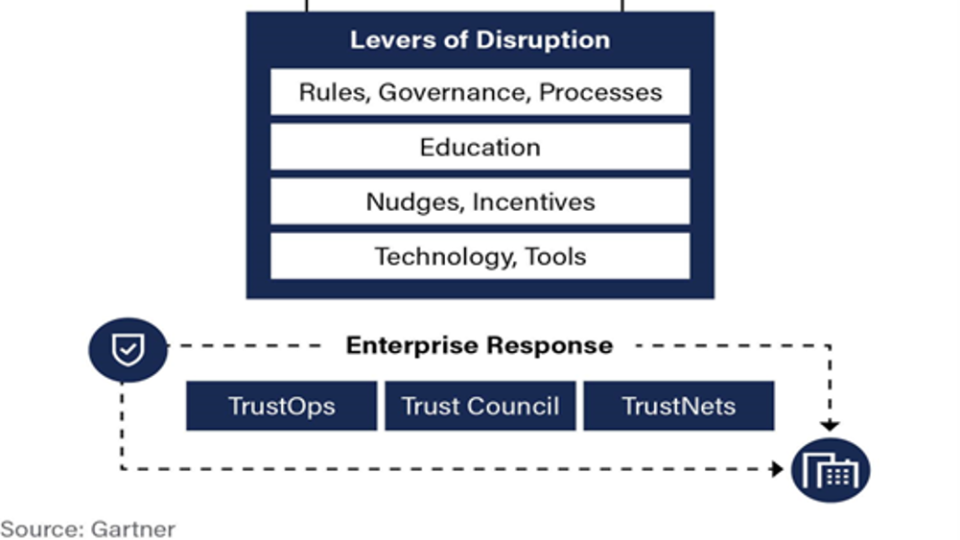
Deploying AI agents can be a tricky thing to do, enterprises and channel partners have shared some tips in making it easier.
As previously reported, we attended this week’s Informatica World Tour at the Oval cricket ground in London, to find out how one major technology provider in the AI software space was helping its customers and the channel meet AI demand.
What Informatica has to offer is commercial AI product development going back to 2018, and 50,000 metadata connectors supporting integration for most popular enterprise software on the market. It describes itself as the ‘Switzerland of data’, with solutions supporting master data management, data quality, data compliance, and the other areas in big data analytics.
It now wants to extend this software connectivity to the data generated by AI agents, to help companies generate quicker and better business decisions. In the meantime, technology partner and CRM king Salesforce is in the process of acquiring Informatica in an $8 billion deal, expected to be completed next year.
At the Oval event, a selection of customers and partners gave their tips on getting AI agents right, and meeting company board expectations.
Nick Millman, EMEA lead for data at Accenture, said: “You need end-to-end measurement, the right infrastructure, and story-telling for the board to outline the benefits and ROI, but some aren’t good enough in that last area.”
Boris van der Saag, executive vice president, data foundation at Rabobank, chipped in: “When is the right time to measure success or otherwise though, is their impatience among management and pressure to measure?”
Farhin Khan, UK&I head of data and GenAI/ML at AWS, added: “Technology and models are changing at pace, and some organisations are seeing ROI quick, others are seeing a slow down, or not seeing any ROI at all.
“But impatience is good, you should celebrate the small wins and make the board aware of them, as a first step to bigger wins.”
Accenture’s Millman said: “Around ROI, you have to be pragmatic around what works in your business, and you need business people involved in the process, not just data people.
“Also, finance teams don’t necessarily have to be involved in generating ROI data, from my experience the CFO rather likes it when business people can generate an illustration of ROI, that’s my tip.”
Coming back to the story-telling, Khan at AWS, said: “From a project perspective, how is it going to develop in the future, and where have you avoided pitfalls and business problems, such as over-stocking or under-stocking products using AI.
“You need compelling story-telling for the board, and you also need to target it at specific execs and business departments.”
“Basically, how is that AI data being used as a strategic lever in the business,” added Rabobank’s Van der Saag.
Sidd Rajagopal, Informatica chief architect for EMEA-LA, sat down with IT Europa to explain how he saw the AI agent market going. “Our job is to help customers and our partners to better use AI, but we don’t know everything, and that’s why we are big on knowledge-sharing.
“Both our customers and partners can provide key use cases covering various aspects of deployments, including what mistakes have been made, and how they can be overcome. We have a tool to collect and share this information across the ecosystem.”
Rajagopal stressed it wasn’t always the biggest and best-known customers either who were key to this process. “This is all data-driven, it’s not about who can shout the loudest.”
We previously covered Informatica’s AI Agent Engineering platform, which helps to develop, deploy and manage comprehensive agentic workflows. The new platform enables all agents to “talk the same language”, so customers and channel partners can build “more accurate” agents, connect agents across the enterprise, and manage agents “with confidence”.
On this, Rajagopal said: “This was demand-driven, EMEA customers, in particular, demanded it. Like it was before for connected apps, the demand now is for connected AI agents.”
Key drivers for the agentic AI market, said Rajagopal, were data compliance needs, industry verticals demand, solutions that can work with technology from different competitors, data lake systems that can move data in and out of those repositories efficiently, and at the optimum time through an AI control panel, multi-layer cloud cybersecurity, and FinOps.







